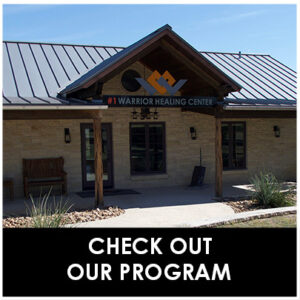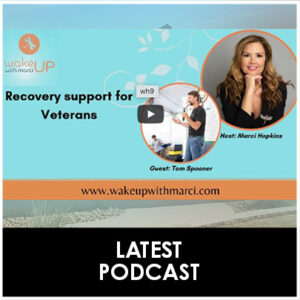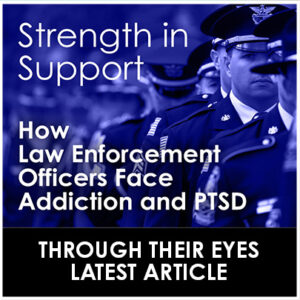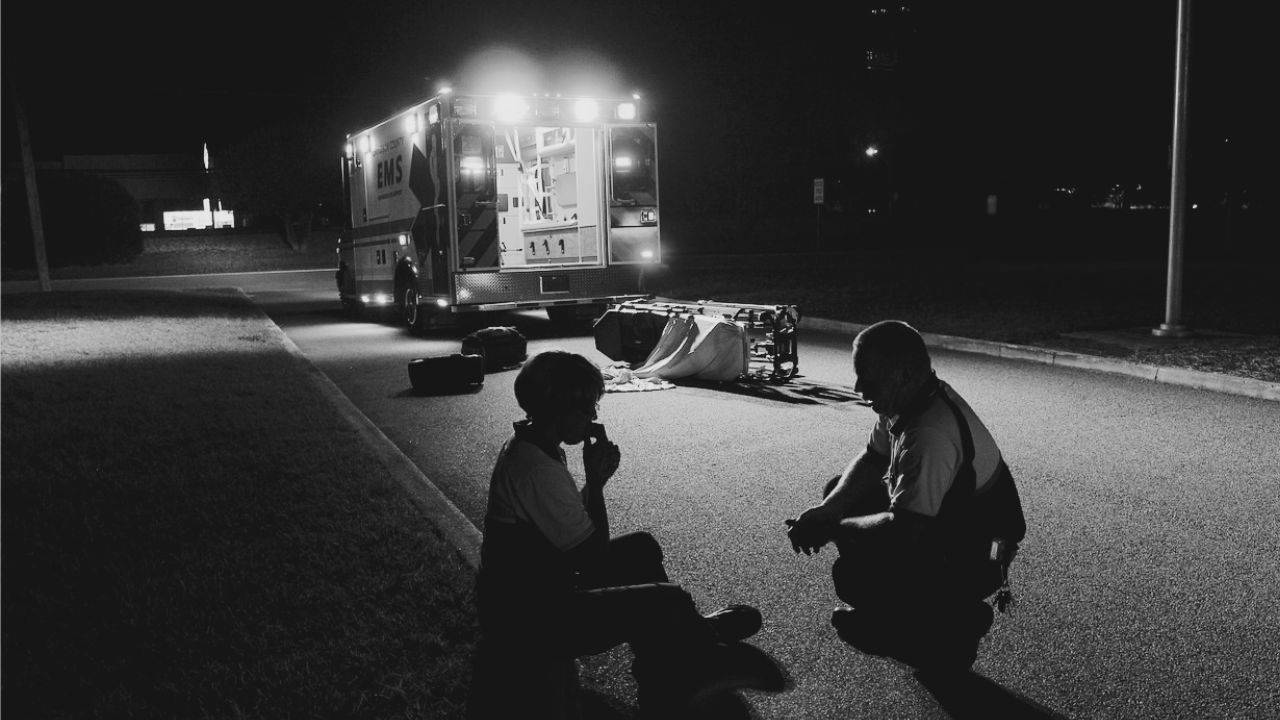Hannah Edwards*, a Connecticut Police Officer, lives quietly with her service K9, Thor. An Army Veteran, who transitioned into the life of Law Enforcement, she has a lot of life to look back on. “Most mornings, everything seems normal, and I’m able to function through everything as it should be. Other mornings, the only thing I can see is the emptiness in the eyes of the men and women I encountered while on one of my last deployments.”
While stationed in Kabul, Afghanistan in 2012-2013, Hannah encountered and IED while on patrol. “Dust, clothing…bodies…it was mayhem,” she recalls. “Those first few moments, you’re looking around wondering what the hell just happened. Then it clicks – something just blew up, and I don’t know if everyone I care about is alive!”
It was an early afternoon, when Hannah’s life was rattled to the core. Standing only about 150 feet from the explosion, Hannah was blown back and knocked unconscious. Upon regaining her composure, the flood of painful screams from victims and her fellow soldiers deafened her.
“My first instinct, once I realized what was going on, was to make sure I had all my body parts in place. That’s a weird experience – checking to see that your arms and legs are still attached. Not everyone gets as lucky as I did that day.”
Fighting off the extreme dizziness and nausea that set in immediately, Hannah had to find her way back to safety and to check that each of her teammates were okay.
For the next 15 months, Hannah found herself picking sand out of her face and arms, usually after a shower. Her ears hurt often, and constantly rang. She suffered severe migraines, vertigo and extreme sensitivity to light; all issues that eventually led to her leaving her military career behind.
“When I joined the department, after having spent my time in the military, I assumed it would be like riding a bike. I understood situational awareness, bad guys and everything it took to be on guard when things got dicey.”
What Hannah didn’t realize, was the trauma she didn’t have scars from, still lingered. A simple traffic stop would send her into a high-alert mentality, preparing herself for an ambush; securing someone into custody triggered a fight of flight response, and would become a physical interaction.
Hannah’s training officer wasn’t unfamiliar with this behavior and sat Hannah down, discussing her past traumas in the military and weighing her options on the force. She was introduced to a support group in the local LE community and was able to share experiences with peers who understood what she was going through.
“I didn’t realize it at the time, but I was suffering from PTSd. I didn’t think that was something that could happen to me. I thought I had everything figured out!”
In a 2017 survey of 2,000 first responders, nearly 40 percent said they feared negative repercussions at work for seeking mental health services.
Throughout the country, firehouses, hospitals and police stations are riddled with first responders suffering with PTSD. For many, these are normal reactions to an abnormal circumstance; but for first responders who work in a hero culture, broken bones and scars are considered battle wounds, while mental injuries are a sign of weakness. These expectations are part of the lethal equation that drive first responders, suffering with PTSD and SUD to their darkest times.
“First responders rush into burning fires or deal with the most catastrophic scenes — that’s their job, it’s what they’re trained to do,” stated Tom Spooner, Co-Founder of Warriors Heart- a private treatment facility providing care for addiction, chemical dependency and PTSD for active military, veterans, law enforcement and first responders. “We expect a level of super-human when we see a hero in uniform – inside though, they’re mortal. They are continually face with trauma, while being expected to ‘suck it up,’ or ‘push it down and carry on.’”
The rigors of the job contribute to increased cases of substance abuse. Drugs used as a coping mechanism often include marijuana, benzodiazepines and methamphetamine, with the most popular drugs of abuse being alcohol and opioids.
Warriors Heart recognizes and understands the unique demands of first responders and works to successfully navigate healing and recovery while in the company of people who personally understand individual experiences. “Law enforcement and first responder jobs require you to be combat-ready, while maintaining the capacity to serve as a counselor, priest, lawyer or social worker all at once,” stated Spooner.
“Police officers and other law enforcement are often unwilling to seek help, fearing it will jeopardize their jobs or make them look weak. Or even deeper, many of the treatment programs or groups put them in the company of others who they may have dealt with in the past; putting them in an unsafe environment. There needs to be a cultural shift to provide these warriors with the support they deserve, without the fear of appearing weak.”
Hannah credits her acceptance and education of PTS to professional help from doctors, and support from her superiors and peers. “It’s with thanks to my support network, that I have learned that you can’t cure PTS, but you can learn how to plan for and work through the triggers in a healthy way.”
It’s important for first responders to remember that it’s normal to have a mental and emotional response to tragedies, especially those transitioning from a life in the military to the front lines at home. Treatment is a viable option for first responders experiencing addiction and PTS. Treatment centers across the country, like Warriors Heart, offer comprehensive services catering to the specific needs of law enforcement professionals; providing various levels of care, including inpatient and outpatient treatment and support groups.
At Warriors Heart, heroes in every walk of life are welcome, offering a variety of treatment for those undergoing the damaging effects of PTS as well as chemical dependency. For those who have fought battles to defend our country and our citizens, fighting the battle against addiction and depression doesn’t need to be done alone.
If you or a warrior need help with addiction, PTS or co-occurring issues, please contact Warriors Heart’s 24-hour hotline (888-440-7107) answered by warriors and/or visit https://warriorsheart.com.
Call 24/7 @ 1 844-958-1183 or visit the link below.
https://www.warriorsheart.com/contact-us/














